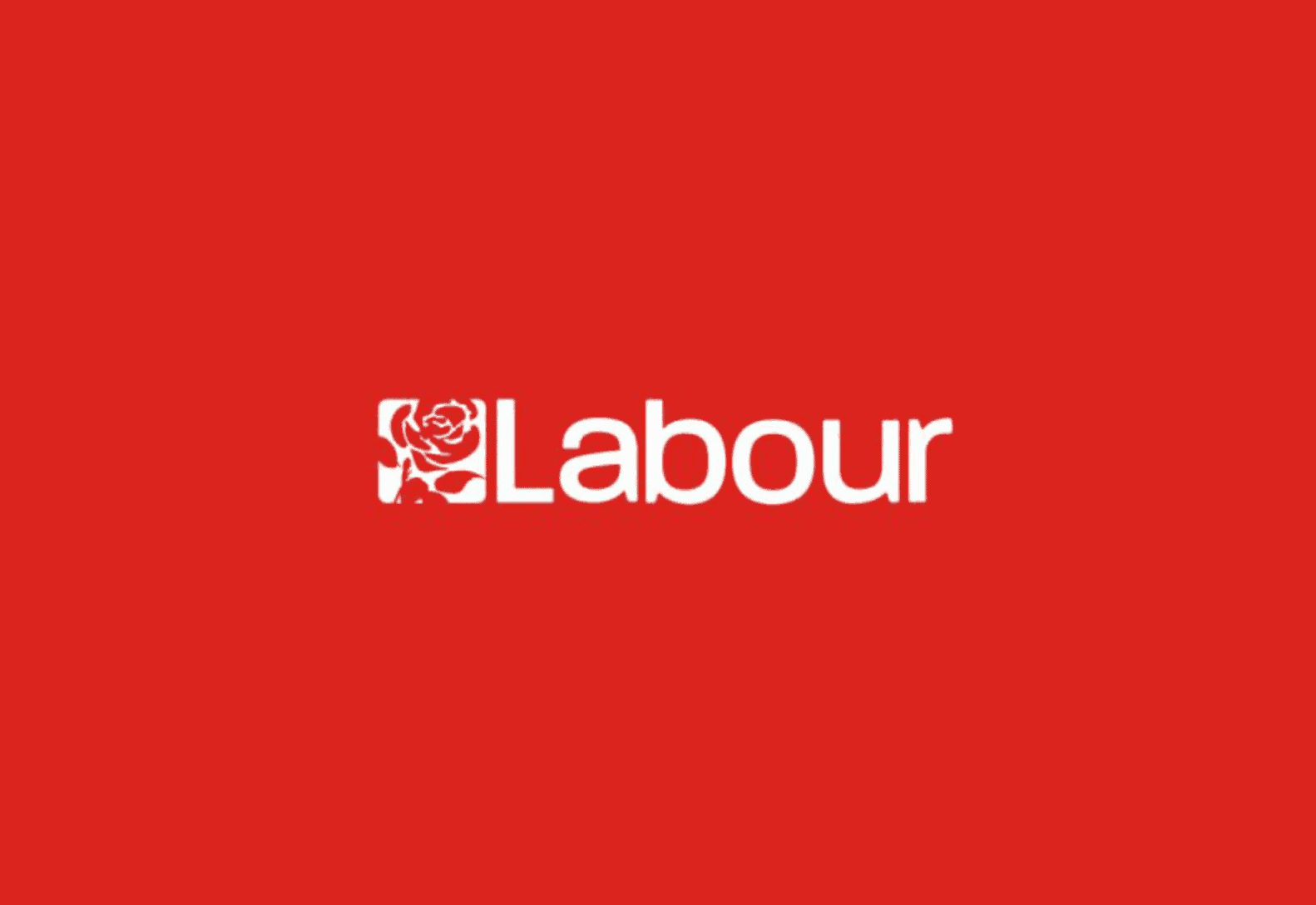Labour is considered to be a centre-left party. It was initially formed as a means for the trade union movement to establish political representation for itself at Westminster. The Labour Party only gained a “socialist” commitment with the original party constitution of 1918, but that “socialist” element, the original Clause IV, was seen by its strongest advocates as a straightforward commitment to the “common ownership”, or nationalisation, of the “means of production, distribution and exchange”. Although about a third of British industry was taken into public ownership after the Second World War and remained so until the 1980s, the right of the party were questioning the validity of expanding on this objective by the late 1950s. Influenced by Anthony Crosland’s book The Future of Socialism (1956), the circle around party leader Hugh Gaitskell felt that the commitment was no longer necessary. While an attempt to remove Clause IV from the party constitution in 1959 failed, Tony Blair and the “modernisers” saw the issue as putting off potential voters, and were successful 35 years later, with only limited opposition from senior figures in the party.
Historically influenced by Keynesian economics, the party favoured government intervention in the economy, and the redistribution of wealth. Taxation was seen as a means to achieve a “major redistribution of wealth and income” in the October 1974 election manifesto. The party also desired increased rights for workers and a welfare state including publicly funded healthcare. From the late-1980s onwards, the party adopted free-market policies, leading many observers to describe the Labour Party as social democratic or the Third Way, rather than democratic socialist. Other commentators go further and argue that traditional social democratic parties across Europe, including the British Labour Party, have been so deeply transformed in recent years that it is no longer possible to describe them ideologically as “social democratic”, and claim that this ideological shift has put new strains on the Labour Party’s traditional relationship with the trade unions. Within the party, differentiation was made between the social democratic and the socialist wings of the party, the latter often subscribed to a radical socialist, even Marxist, ideology.
While affirming a commitment to democratic socialism, the new version of Clause IV no longer definitely commits the party to public ownership of industry and in its place advocates “the enterprise of the market and the rigour of competition” along with “high-quality public services either owned by the public or accountable to them”. In more recent times, a limited number of MPs in the Socialist Campaign Group and the Labour Representation Committee have seen themselves as the standard-bearers for the radical socialist tradition in contrast to the democratic socialist tradition represented by organisations such as Compass and the magazine Tribune. The group Progress, founded in 1996, represents the centrist position in the party and was opposed to the Corbyn leadership. In 2015, Momentum was created by Jon Lansman as a grass-roots left-wing organisation following Jeremy Corbyn’s election as party leader. Rather than organising among the PLP, Momentum is a rank and file grouping with an estimated 40,000 members. The party also has a Christian socialist faction within the Christians on the Left society.


